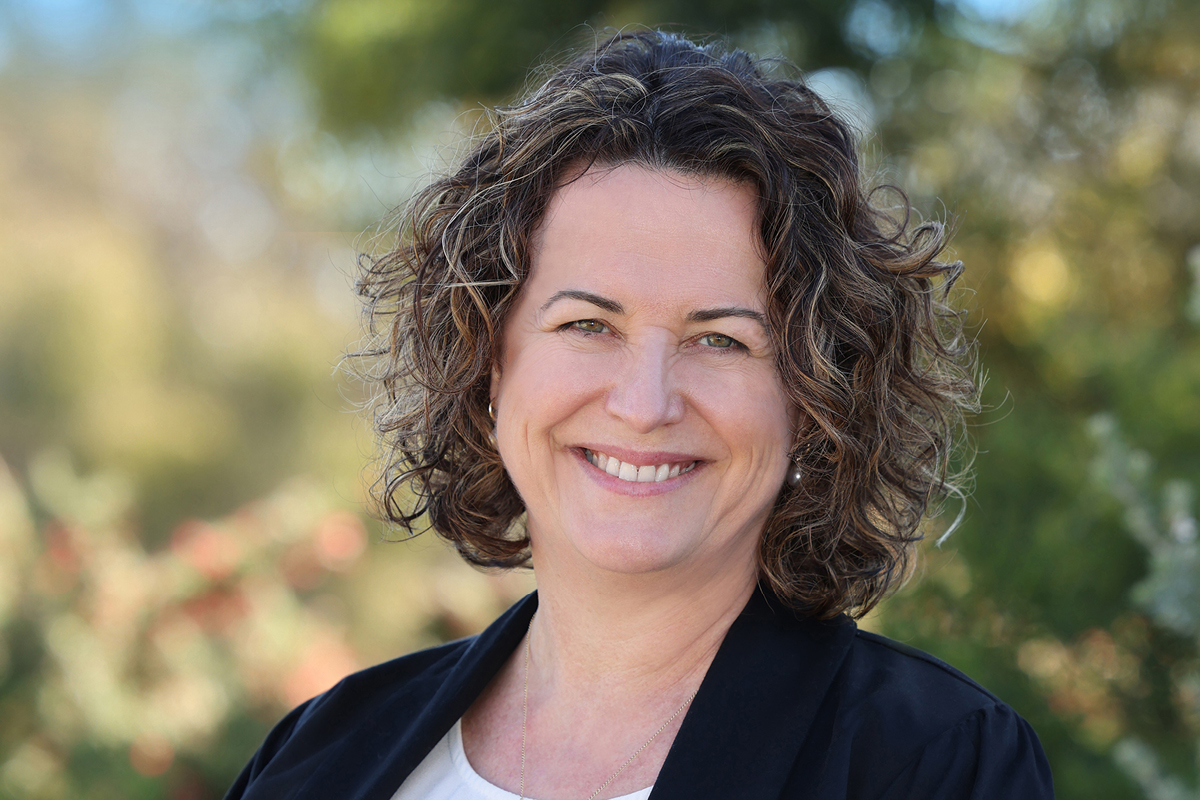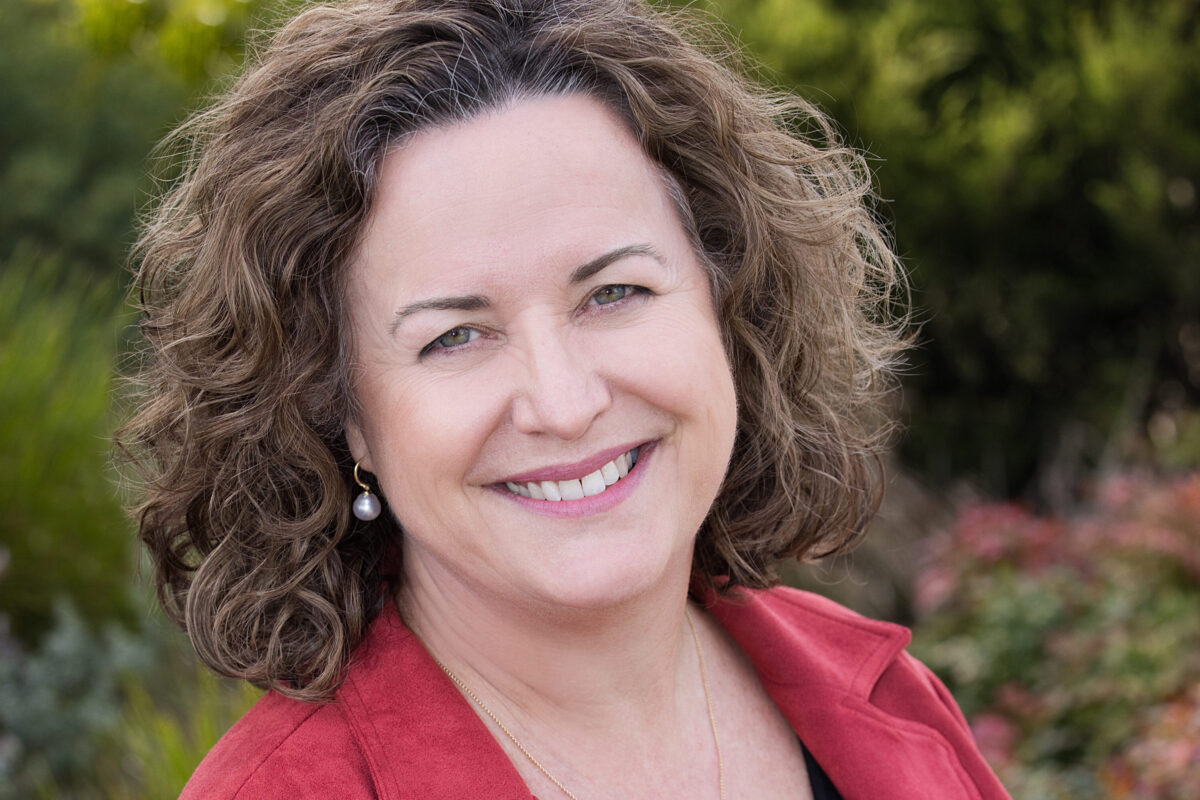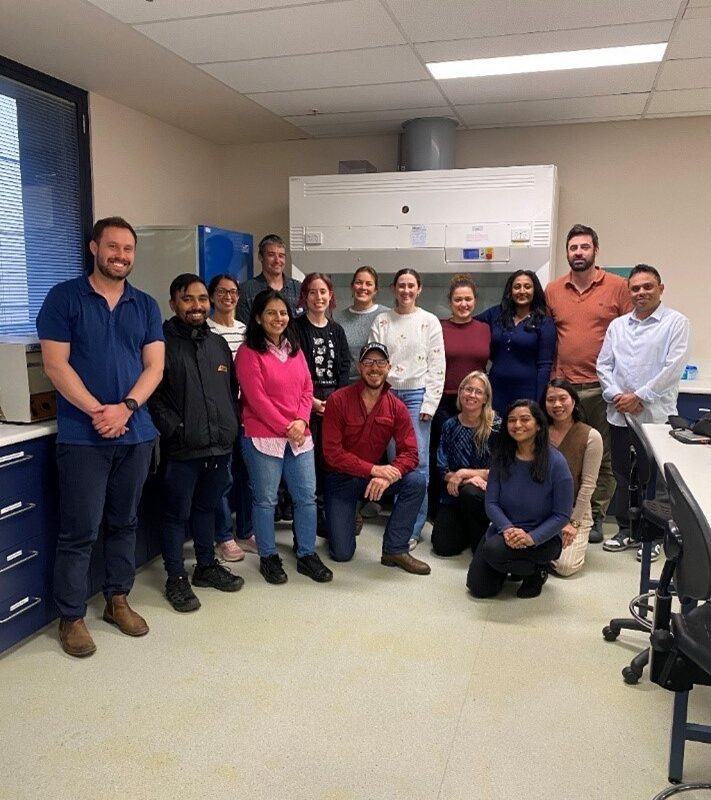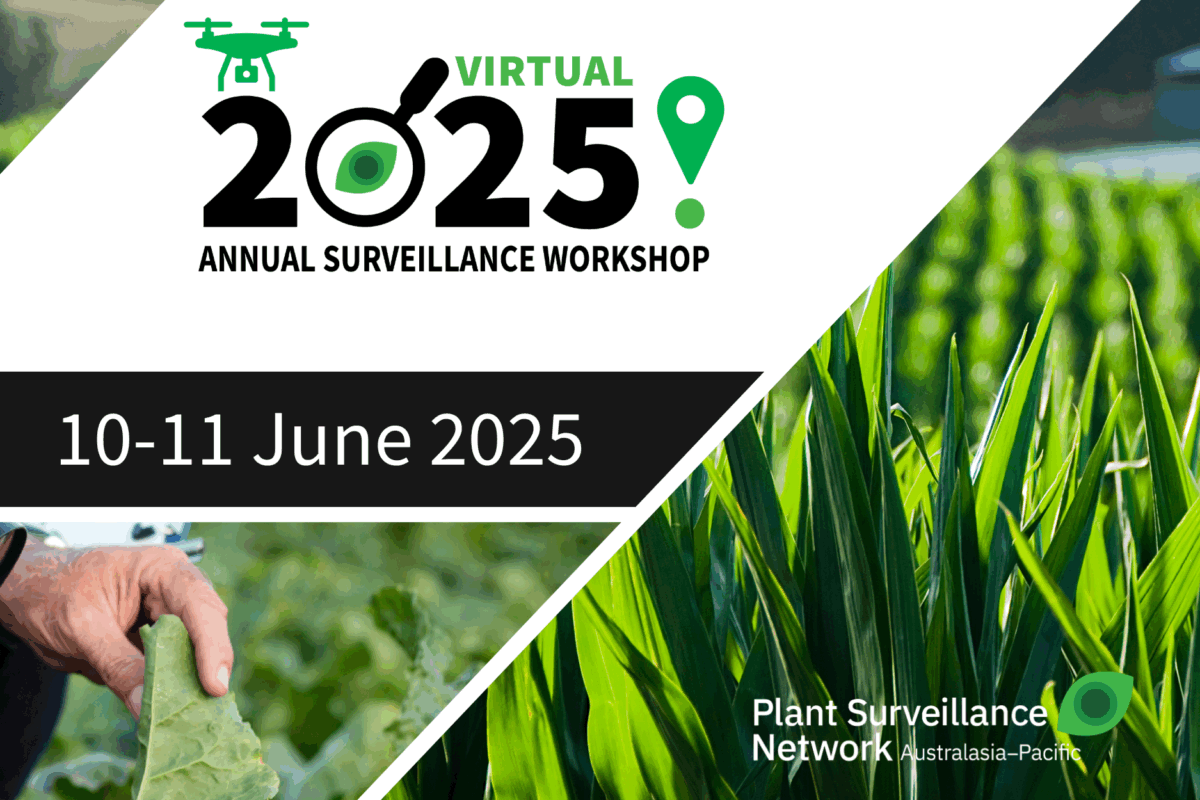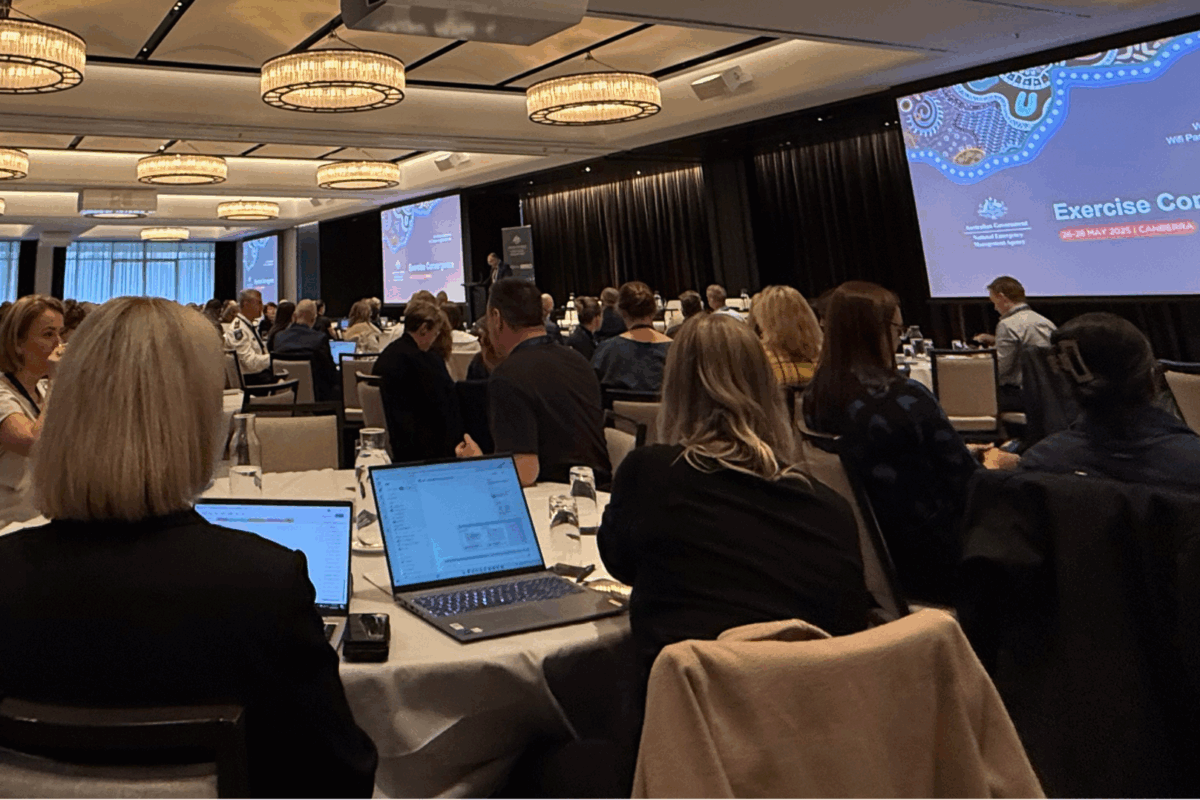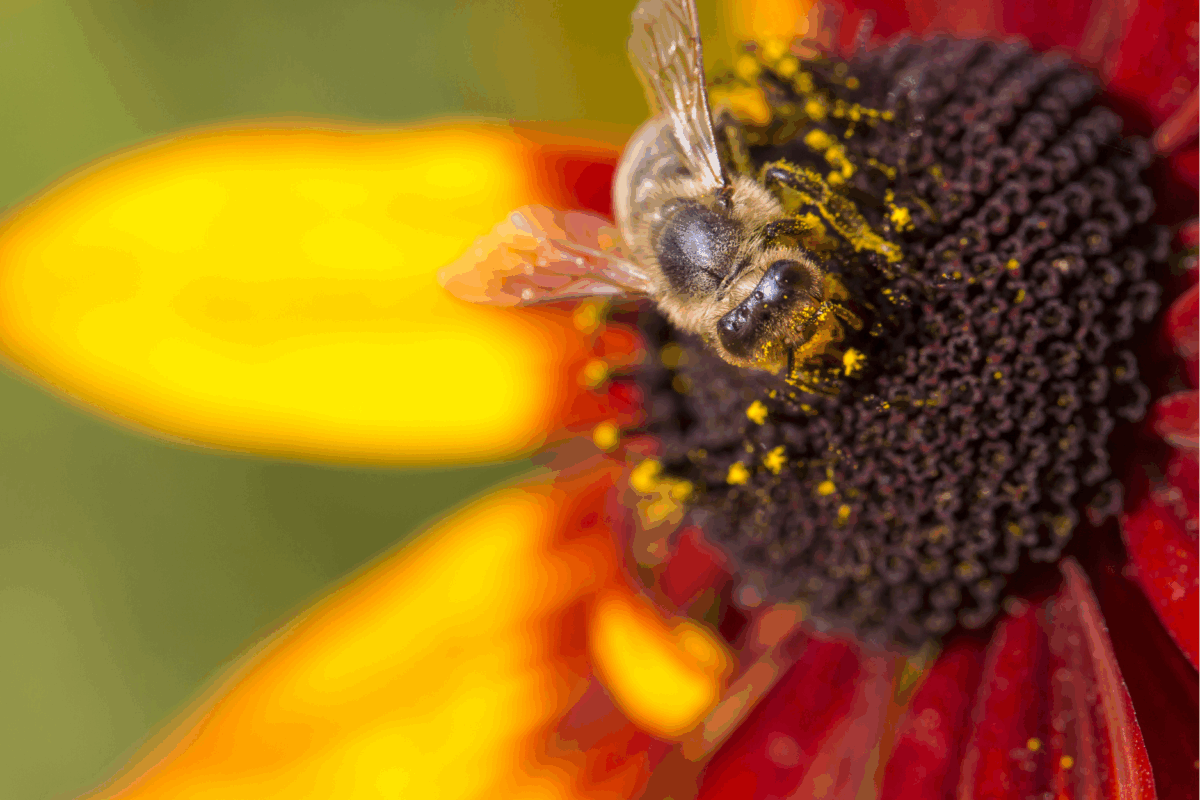Message from the CEO – October 2023
Welcome to the fourth quarter of 2023 and another exciting edition of Tendrils!
Late last month, I travelled with our Board to the Northern Territory for Board Meeting (BM) 112 hosted in the offices of the Northern Australia Development Office (NADO) in Darwin. The agenda included national and organisational strategy, finance, budgeting and related policy, a review of corporate risk, policy and auditing, Membership applications, and preparations for our 23rd Annual General Meeting (AGM), 36th Plant Industry Forum and second meeting of the Government Members Forum formed earlier this year. While in Darwin, the Board took the opportunity to visit key sites and facilities in the region to better understand the area of operation, biosecurity practices and contemporary research and advancements in the field.
During the same period, the National Management Group (NMG) confirmed the eradication of Varroa destructor (Varroa mite) is no longer technically feasible as advised by the Consultative Committee on Emergency Plant Pests (CCEPP) and as a result, the response has transitioned to management. We acknowledge the efforts of the New South Wales Government and affected Parties since June 2022, to eliminate the pest. Both government and industry representatives have worked tirelessly to guide response efforts. We now await the CCEPP’s updated response plan (including a transition to management activities) to ensure we continue to work together to manage Varroa mite, which continues to pose a significant threat to Australia’s honey and honey bee pollination reliant plant industries.
Earlier this month, I attended the National Biosecurity Committee meeting in Brisbane where we visited the insect collection at the Queensland Department of Agriculture and Fisheries. While admiring the pinned collection I noticed specimens of the exotic Lymantria dispar (spongy moth). I was amazed to find they were specimens I reared from eggs to adults in state-of-the-art biosecurity containment laboratories 21 years ago when I was working as an operational entomologist at the border. Our reference collections are invaluable and critical to national biosecurity, and I’m proud to have contributed. The specimens were in good shape too – not moth eaten at all!
Government, industry, and community all have a role to play in preventing and managing the harm caused by pests and weeds, and earlier this month my appointment to the Victorian Invasive Pests Advisory (VIPA) Board was confirmed by Katherine Clift, Executive Director of Biosecurity Victoria. The VIPA Board promotes collective action and shared responsibility as the key to managing established pests and weeds in line with Victoria’s Biosecurity Statement and I look forward to participating in the first meeting of the Board in November.
Last week I had the pleasure of attending the inaugural Parliamentary Friends of Biosecurity event. The group formalised through the Decade of Biosecurity and co-chaired by Andrew Willcox MP and Senator Linda White, will ensure biosecurity remains a priority for policy makers and is a significant step in recognition that biosecurity is everyone’s business.
In company news, the Australian Centre for International Agricultural Research’s (ACIAR) application for Associate Membership was approved by the Board, effective from 1 October 2023.
Earlier this year, a strategic merger between Onions Australia and AUSVEG was announced. Under Clause 14.4 of the PHA Constitution, the PHA Board has approved AUSVEG to represent onions as a crop effective from 1 February 2024.
From 1 October 2023, the updated Rubus industry statutory levy came into effect. This follows the successful vote by levy payers to amend their statutory levy from 10c/kg for research and development (R&D) and 2c/kg for marketing, to 2c/kg for R&D, 2c/kg Plant Health Australia (PHA) levy, and 0c/kg for marketing.
The Board selection process has progressed well and more information on the nominees will be available in the AGM papers.
A key outcome of BM 112 was the approval of the 2022-23 Annual Report. A digital version is now available for download on the PHA website. This year’s report is the first in the implementation of PHA’s 2022-27 Strategic Plan. Delivered in a fresh new format, the Annual Report describes the achievements, challenges and progress made against key performance indicators as set out in the 2023-24 Annual Operational Plan to coordinate and strengthen Australia’s biosecurity system. Once again, the PHA team has performed well, diligently delivering value to our Members.
PHA’s team is growing and I’m excited to announce three new staff members joined us in October. Welcome to Lorissa McCosh, Training Coordinator, Kirsten Shultz and Ashley Thomson, Governance and Corporate Support Officers. Read more about them in the Staff movement section of Tendrils.
This week we celebrate 18 years of the Emergency Plant Pest Response Deed (EPPRD) and the unique and valuable partnership it brings for plant industries and all of Australia’s governments. Co-design, co-funding and joint decision making are key features of the EPPRD that allows parties to stand side by side in response to exotic incursions and deliver priority outcomes. Happy birthday EPPRD!
Sarah Corcoran
CEO, Plant Health Australia
